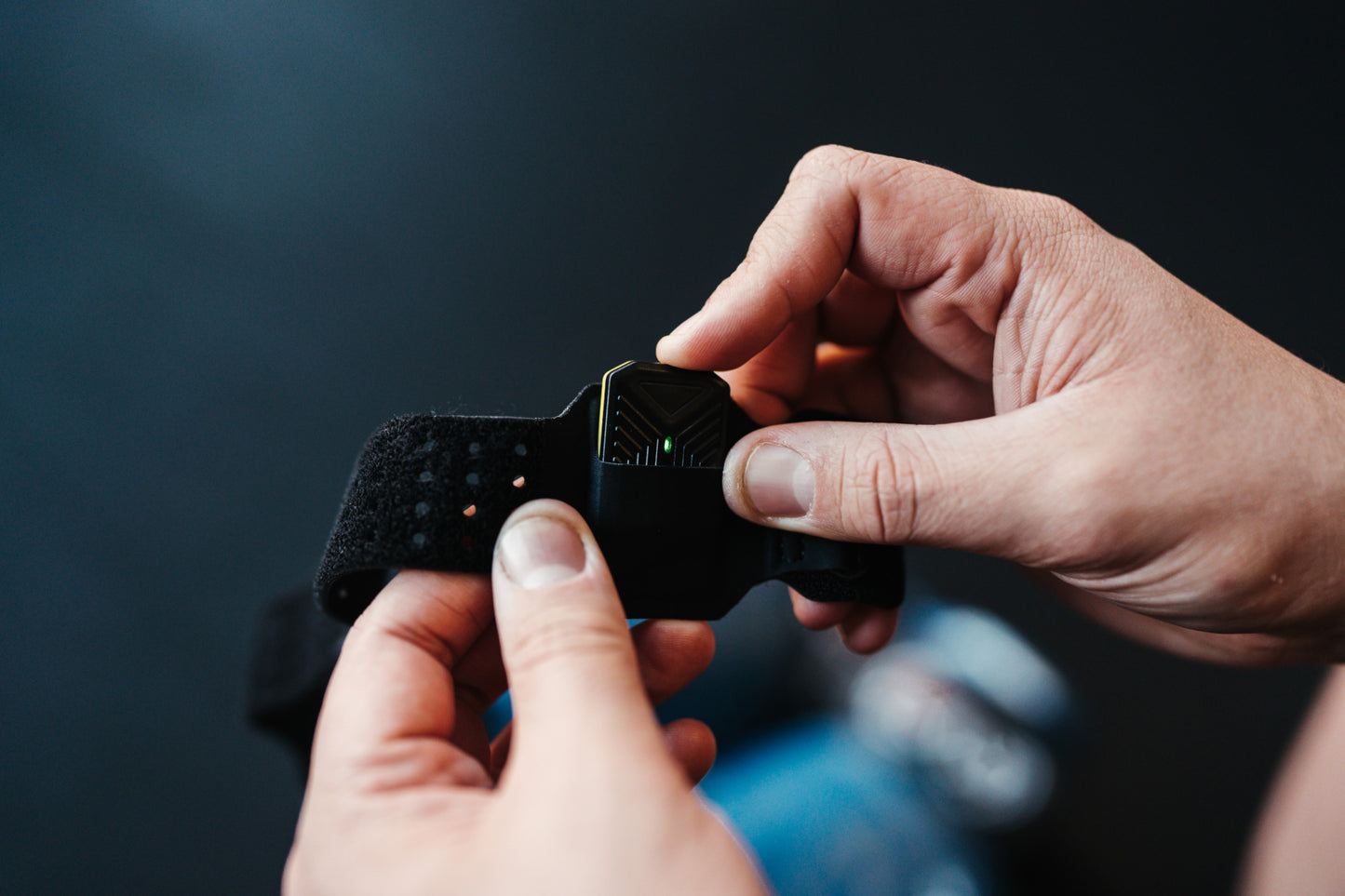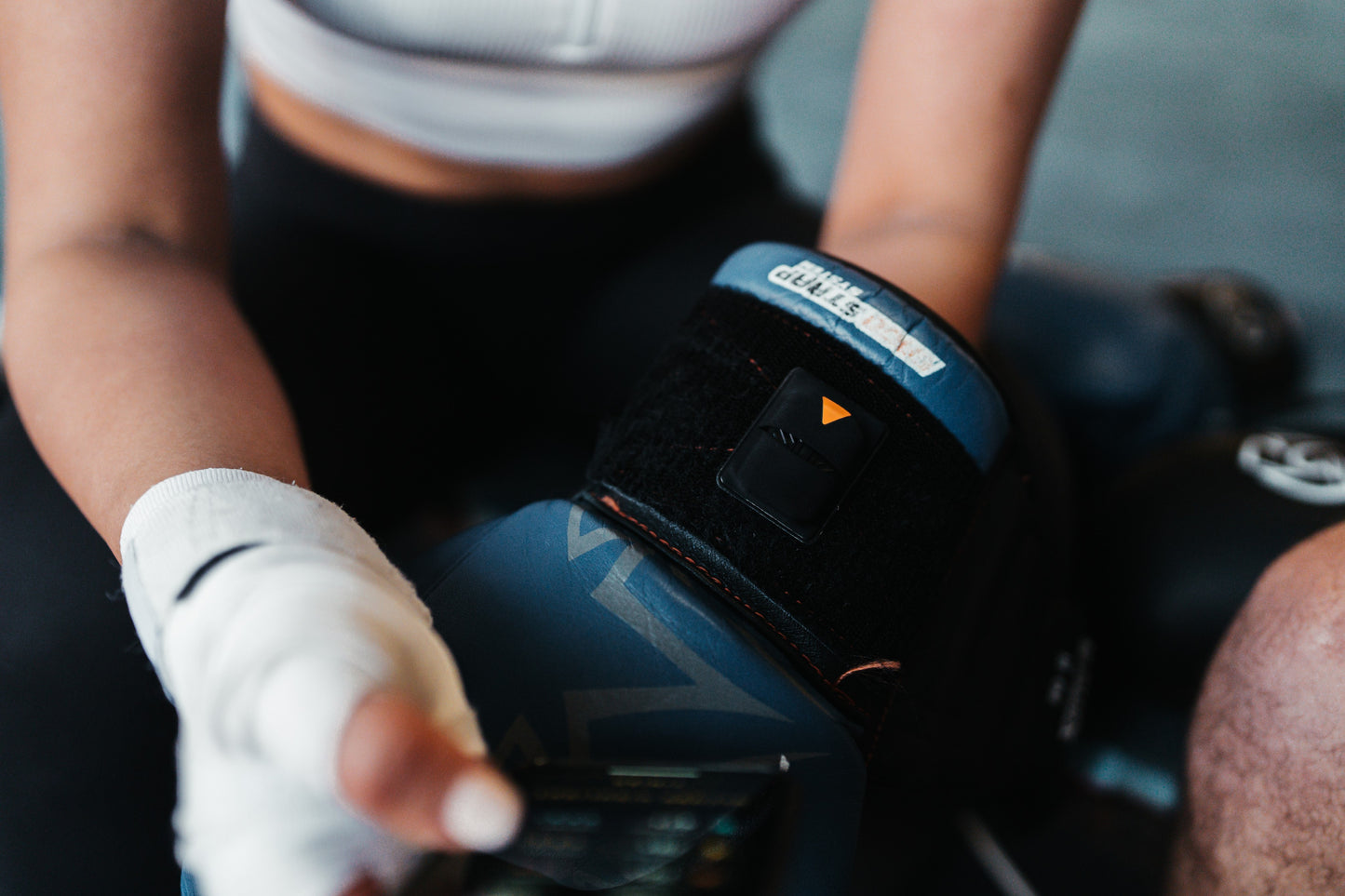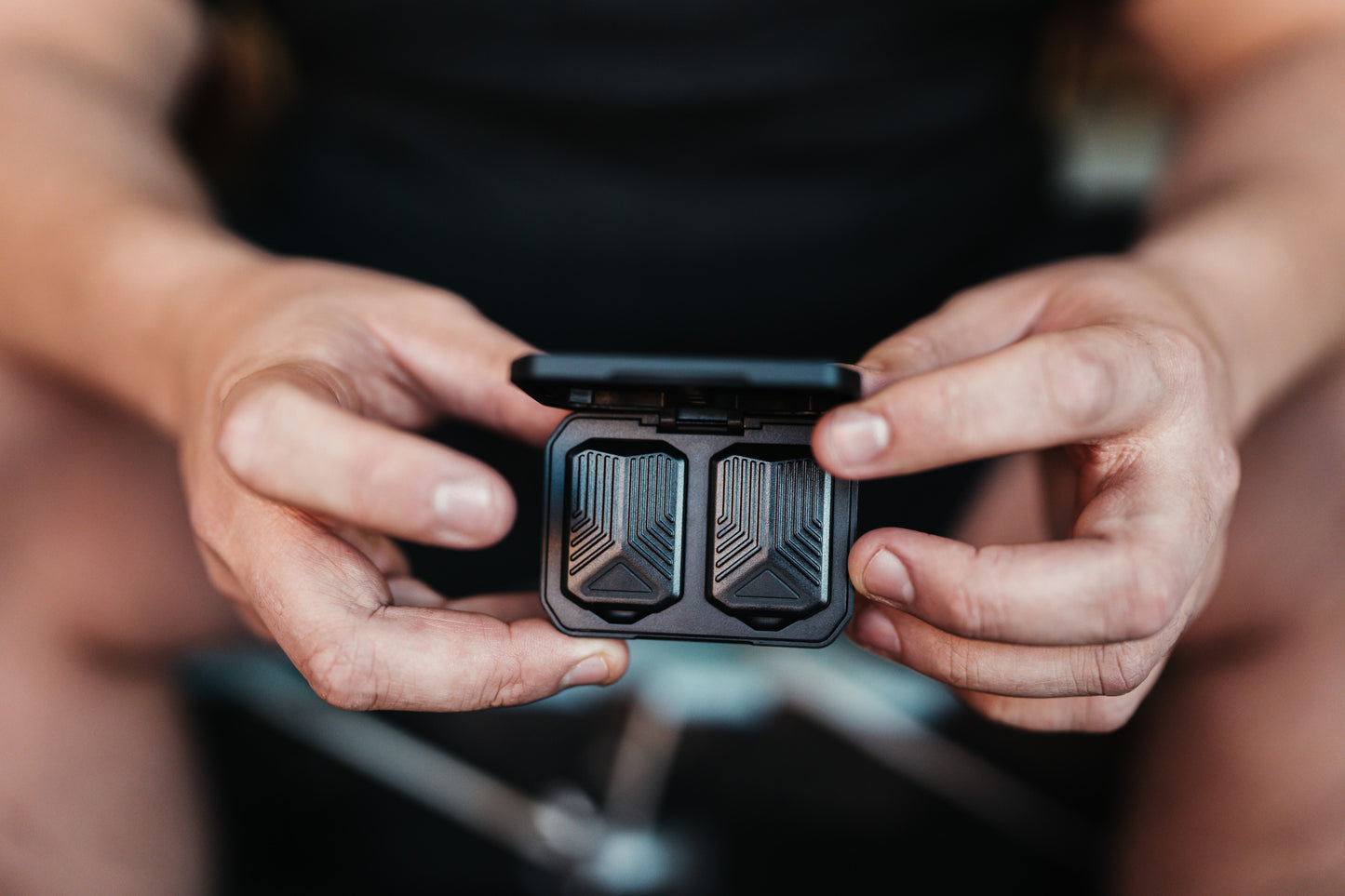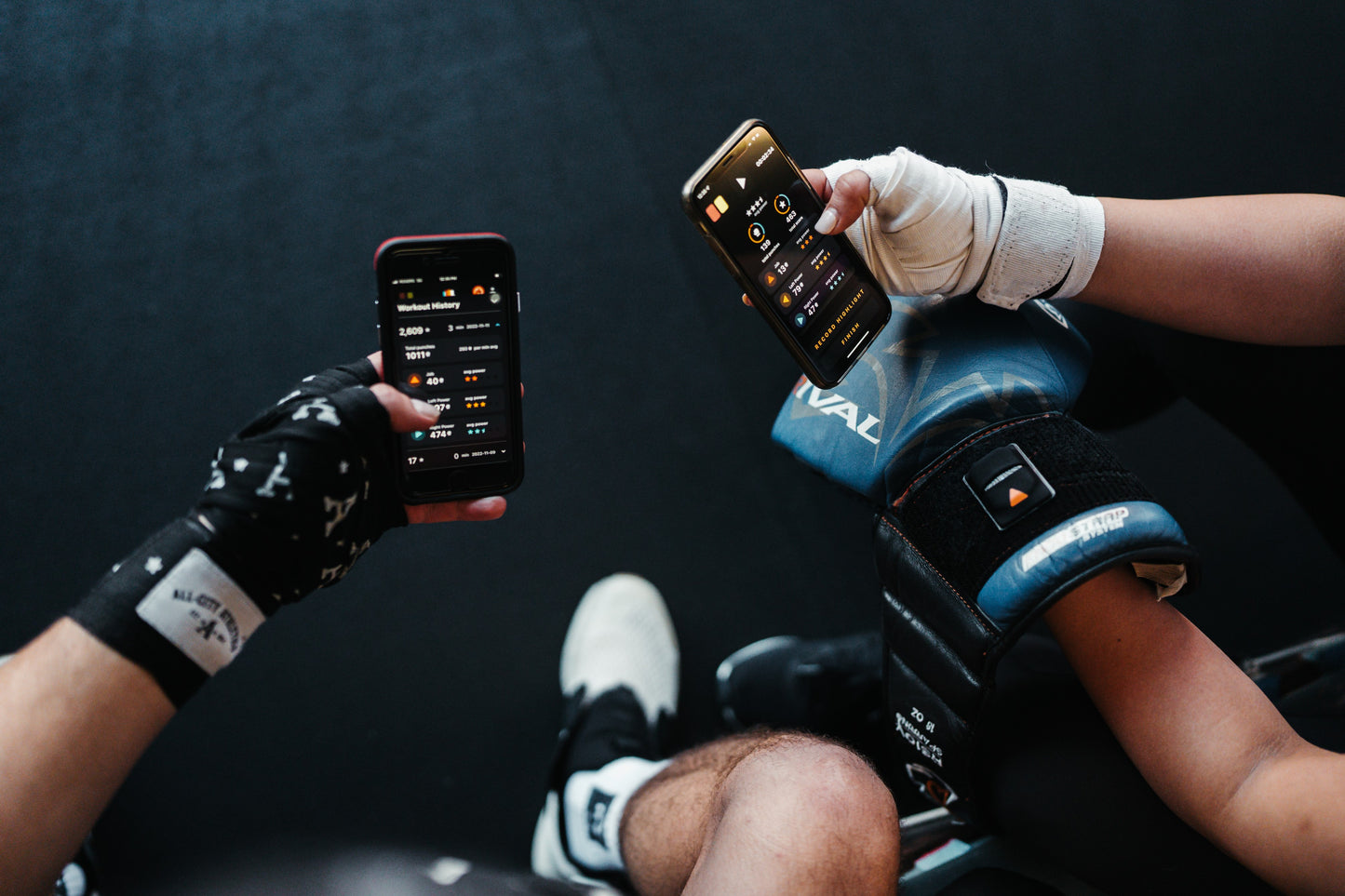Sparring is more than just practice; it's a crucial component of boxing training that offers a wide range of benefits:
-
Skill Development: Sparring allows you to put your technical skills into action, refining your punches, defense, and footwork.
-
Realistic Experience: It provides a taste of the real fight experience, helping you become comfortable in the ring.
-
Mental Toughness: Sparring challenges your mental resilience, teaching you how to stay composed under pressure.
-
Improved Conditioning: Regular sparring sessions enhance your endurance and conditioning, preparing you for actual bouts.
Now, let's delve into some essential tips and strategies for successful sparring:
1. Communicate with Your Partner
Before sparring begins, establish clear communication with your sparring partner. Discuss your goals, intensity level, and any specific areas you'd like to work on. Ensure mutual respect and safety throughout the session.
2. Focus on Defense
While landing punches is important, prioritize your defense during sparring. Work on slipping, blocking, parrying, and using head movement to avoid your opponent's strikes. A strong defense is the foundation of a solid offense.

3. Control Your Intensity
Maintain control over your intensity level. Sparring is not about going all out but rather about controlled practice. Adapt your pace based on your partner's skill and experience.
4. Vary Your Strategies
Experiment with different strategies and tactics during sparring sessions. Try working on your inside fighting, counterpunching, or ring generalship. Variety will keep your skills sharp.
5. Work on Timing and Distance
Pay close attention to timing and distance. Develop a sense of when to attack, counter, or step back to create distance. Precision in these areas is vital for successful sparring.

6. Stay Relaxed and Calm
Avoid tensing up during sparring. Stay relaxed and composed to conserve energy and maintain better reflexes. Tension can lead to fatigue and hinder your performance.
7. Analyze and Learn
After each sparring session, take time to review and analyze your performance. Identify areas where you excelled and areas that need improvement. Learn from your mistakes and successes.
8. Embrace Defensive Sparring
Occasionally engage in "defensive sparring" sessions, where your primary focus is on avoiding punches and not throwing any in return. This will enhance your defensive skills significantly.
9. Protective Gear is a Must
Always wear proper protective gear, including headgear, mouthguard, hand wraps, and gloves, to minimize the risk of injury during sparring.

10. Respect Your Limits
Know your limits and listen to your body. If you're fatigued or hurt during a sparring session, communicate with your partner and consider stopping or reducing the intensity.
Conclusion
By following these tips and strategies, you'll make the most out of your sparring sessions, improve your skills, and become a more well-rounded fighter. Remember that safety, communication, and continuous learning are key elements of successful sparring. So, lace up your gloves, step into the ring, and embrace the art of sparring as a means to elevate your boxing game to new heights.
Follow us and let us know your thoughts on Instagram @powaboxing














